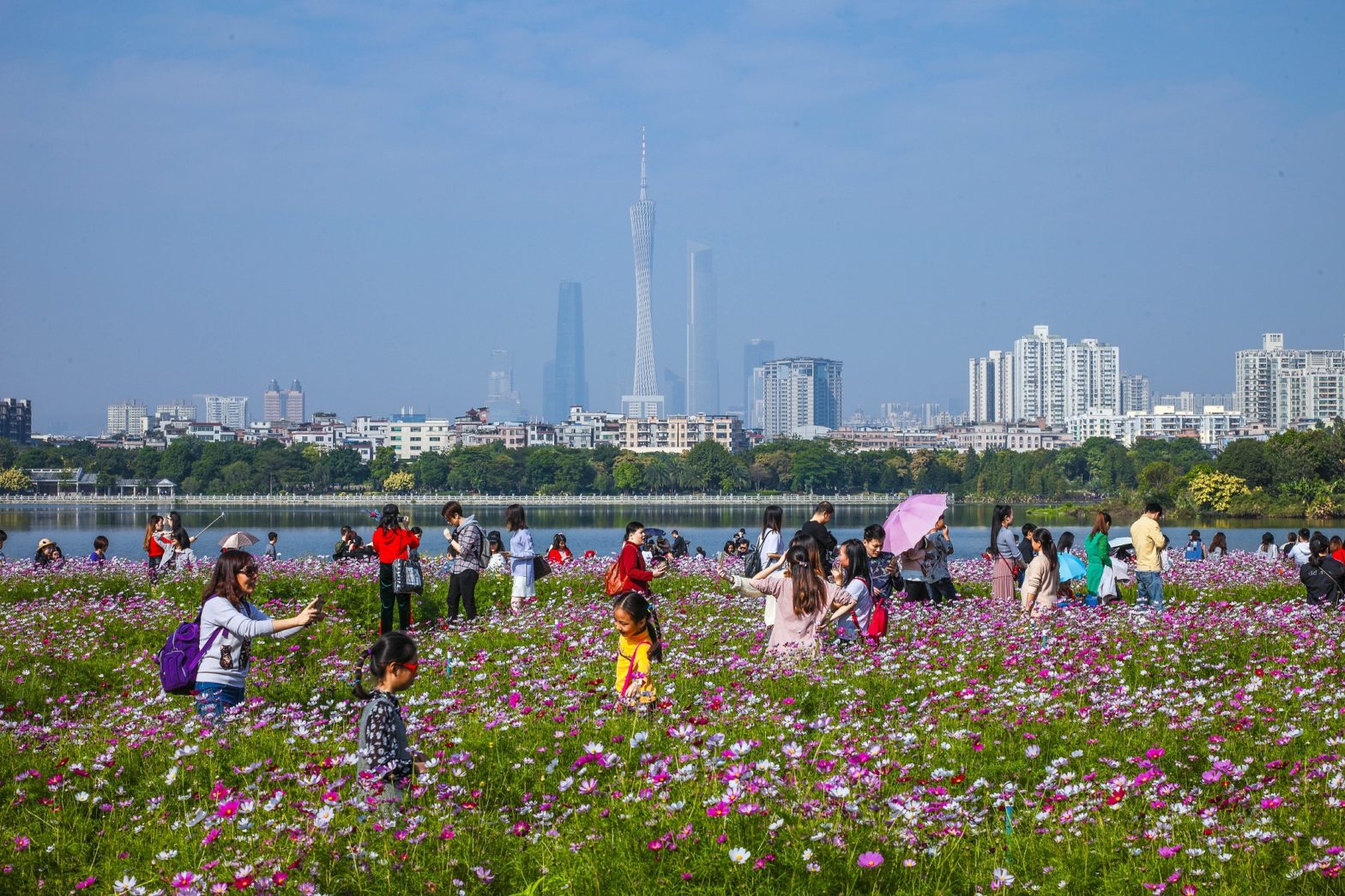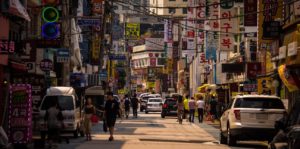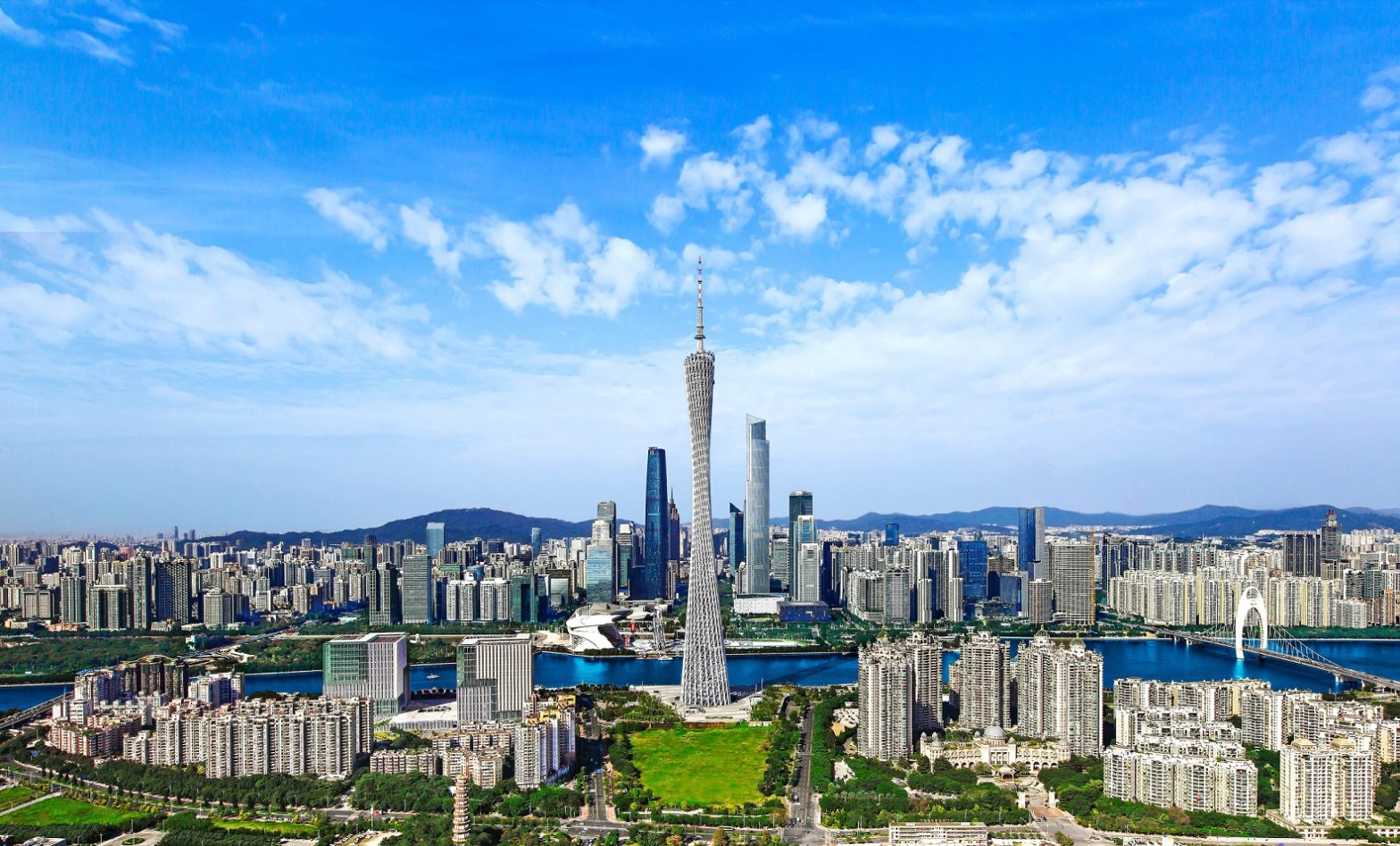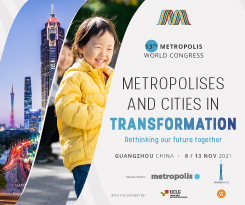
Metropolises and cities in transformation: Rethinking our future together
18 October 2021
By: Octavi de la Varga, Secretary General, Metropolis
Cities such as Seoul, Johannesburg, Mexico City, Rio de Janeiro and Tehran have different cultures, cuisine and history, and they are separated by thousands of kilometres. Nonetheless, they all have one thing in common that directly affects the quality of life of their communities – they are all complex and disruptive large urban spaces in continuous transformation.
They are all metro areas that have gone through – and continue to experience – urban growth, seeing an increase in both their population and territory, and connecting with adjacent urban areas to such an extent that it can sometimes be difficult to tell where one metropolitan area ends and another begins.
Of course, there is an even longer and more diverse list of such cities and metropolitan spaces, although they share the same circumstances – the need for governance and management of a metropolitan reality. A reality that often translates into enormous difficulties, such as unstoppable urban growth, public legitimacy, digital disruption and resilience – not only environmental, but also social and economic resilience.
 There seems to be no end in sight for urban growth, and it is estimated that by 2050, 68 percent of the world’s population will live in urban areas. There is a global trend of people concentrating in highly urbanised areas, particularly in mega-cities or metropolitan areas with a population of at least 10 million inhabitants. This phenomenon means that metropolitan spaces are the focal point for a large percentage of economic activity, employment, cultural events and political power. However, they are also home to some of the biggest challenges facing the population, such as waste management, inequality, lack of green and safe spaces, restricted access to basic facilities – such as drinking water and housing – social exclusion and polarisation.
There seems to be no end in sight for urban growth, and it is estimated that by 2050, 68 percent of the world’s population will live in urban areas. There is a global trend of people concentrating in highly urbanised areas, particularly in mega-cities or metropolitan areas with a population of at least 10 million inhabitants. This phenomenon means that metropolitan spaces are the focal point for a large percentage of economic activity, employment, cultural events and political power. However, they are also home to some of the biggest challenges facing the population, such as waste management, inequality, lack of green and safe spaces, restricted access to basic facilities – such as drinking water and housing – social exclusion and polarisation.
Pandemic response
The Covid-19 pandemic – along with other current crises such as climate change and inequality – has highlighted the need to respond to the most pressing problems facing our societies. Ninety percent of confirmed Covid-19 cases have been concentrated in urban areas, and we have seen how enormous pressure has been exerted on metropolitan health services, while pre-existing difficulties and challenges have been aggravated and become even more evident.
The pandemic confronts us more than ever with the challenges, contradictions and vulnerabilities of our urban communities. It has highlighted the limitations of a traditional territorial development model that focused more on building large urban infrastructures, rather than putting people at the centre.
 Mayors from cities around the world have gone one step further and – in addition to providing an immediate response to the pandemic in their regions – have joined the Call to rethink our metropolitan spaces. Launched by Metropolis in 2020, this campaign aims to update governance structures to find solutions to these challenges and better respond to people’s needs.
Mayors from cities around the world have gone one step further and – in addition to providing an immediate response to the pandemic in their regions – have joined the Call to rethink our metropolitan spaces. Launched by Metropolis in 2020, this campaign aims to update governance structures to find solutions to these challenges and better respond to people’s needs.
Metropolis has become the global space for mayors and representatives of large metropolises to cooperate, discuss and share knowledge and solutions grounded in the experience from their diverse metropolitan realities. Together, they are finding joint responses to challenges facing at least 2.59 billion people who live in metropolises. Metropolis has found that currently, and perhaps almost universally around the world, metropolitan governments are still seen as disruptive actors and a counterweight to other national bodies. However, metropolitan spaces are a reality that exists, whether or not they are represented by an institution.
City perspectives
There’s no one-size-fits all approach to governing large metropolitan spaces, and a variety of models exist around the world, but there is no room to doubt that they must guarantee access to public services to meet needs that go beyond one single city’s administrative borders. Moreover, there is no doubt that metropolitan policies developed from these metropolitan environments can affect other territories, intermediate cities or the rural environment in terms of inequality, among others.
November will be a crucial opportunity to keep making progress towards improving the way metropolises are managed. From 8 to 13 November, the 13th Metropolis World Congress will take place under the slogan “Metropolises and cities in transformation: rethinking our future together”. Top political and city management representatives, experts in urban planning and representatives from international organisations and civil society will share their ideas, knowledge and best practices to actively promote the importance of strong metropolitan governance and move towards more supportive and sustainable societies.
The event will provide an opportunity to reflect and share ideas, knowledge and good practices, through political debates and technical sessions on metropolitan trends and forecasts. In addition, thanks to Guangzhou as the host city, we will have the chance to find out about the best urban innovation initiatives in the world at the award ceremony for the Guangzhou International Award for Urban Innovation.
If you want to get first-hand perspectives from leaders of major cities around the world and contribute to the transformation of cities and metropolises, you simply cannot miss this international event.
Brought to you by:




